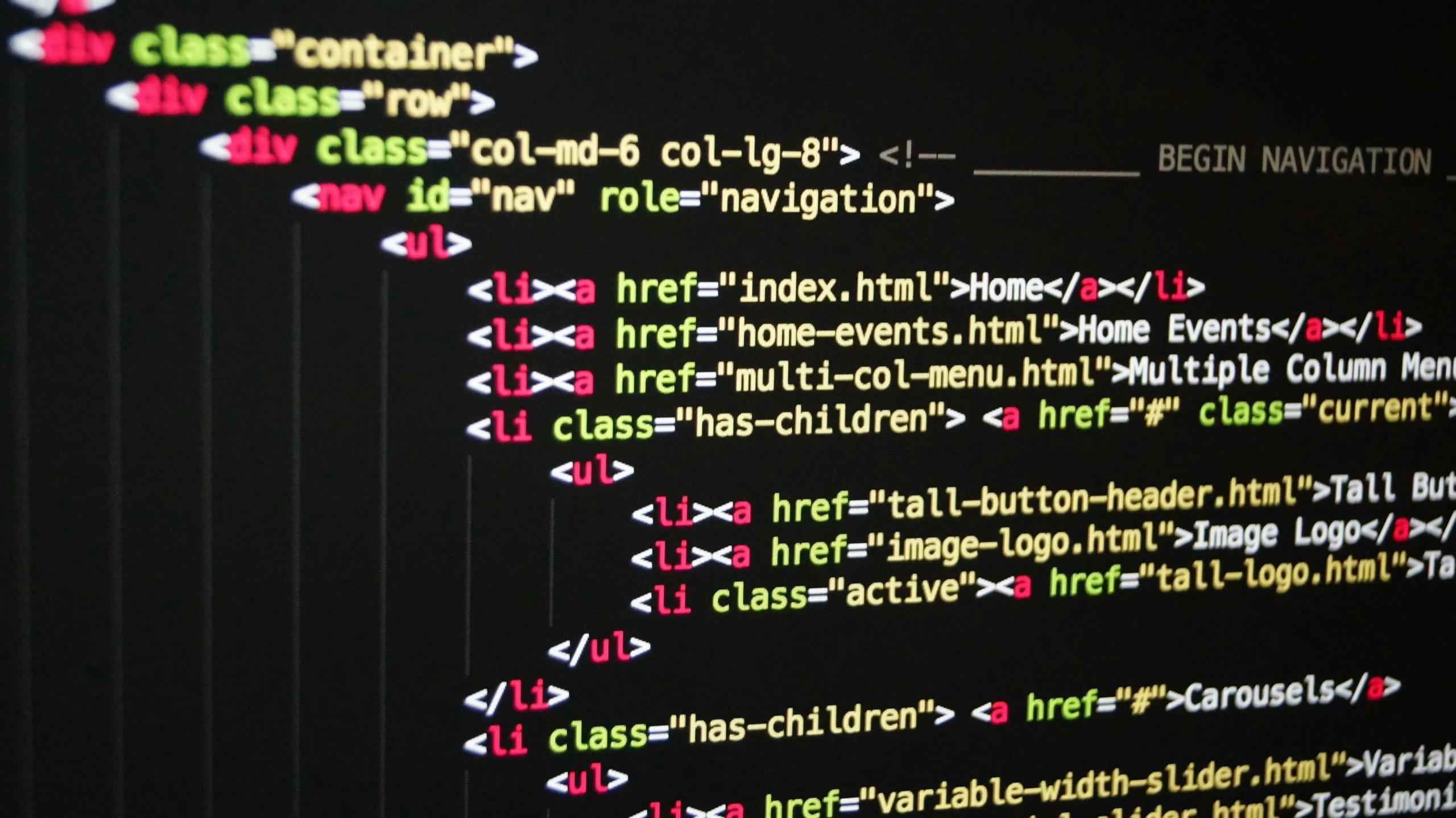The MIT Energy Initiative’s Annual Research Conference held on September 9-10 brought together leaders from academia, industry, and government to discuss pressing energy challenges. Keynote speakers highlighted the necessity of collaboration among startups, established firms, and research institutions to advance low-carbon energy solutions. Topics such as grid resiliency and decarbonization strategies were central to the discussions, underscoring the urgency of developing innovative technologies in this area. Participants explored various approaches to bolster energy infrastructure, including enhancing transmission capacities and integrating renewables to fortify legacy systems.
A significant discussion revolved around sustainable fuels for hard-to-electrify sectors like aviation and trucking. The conference revealed that solutions must encompass both technological advancements and robust policy frameworks to facilitate adoption. The growing influence of geopolitical factors, particularly the competition with China in clean tech manufacturing, also emerged as a focal point of concern among attendees. Experts urged for stronger U.S. policies to regain competitiveness and ensure supply chain integrity, particularly for critical technologies like batteries. Overall, the conference aimed to catalyze innovation and actionable strategies for a sustainable energy future.
👉 Pročitaj original: MIT AI News






